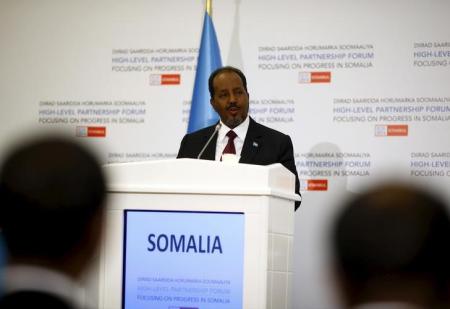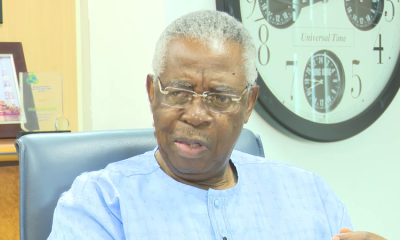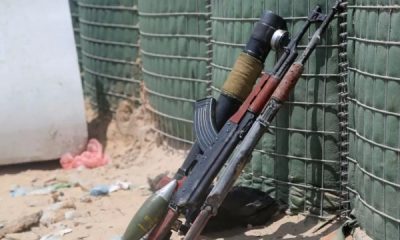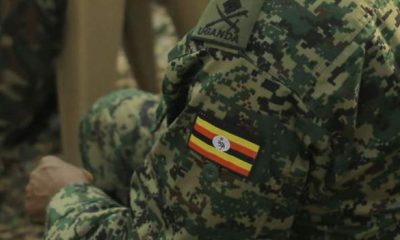Foreign News
People Dying Of Drought In Somalia As UN Issues Pre-Famine Alert

Somalia is on the brink of its second famine in six years, with drought already killing people in the north and crisis looming on a catastrophic scale, the United Nations said on Thursday.
“In six months, we’ll be facing a catastrophe and a famine on a scale we cannot imagine, if we don’t act right now,’’ the U.N.’s humanitarian coordinator for Somalia, Peter de Clercq, said.
“We have the first anecdotal evidence of deaths, in Somaliland in particular, as a result of the drought,’’ he said, referring to the semi-autonomous northern part of the country.
The majority of the population in Somalia now needs emergency aid, as the number of people short of food has risen to 6.2 million from 5 million in September, the U.N. said.
Somalia’s 2011 famine killed 260,000 people, half of whom died before the official declaration of famine, caused by drought, war and lack of access for humanitarian aid.
Somalia has been mired in conflict since 1991 and its weak, Western-backed government is struggling to assert control over poor, rural areas under the Islamist militant group al Shabaab.
“We are seeing growing similarities to the conditions that led to the famine in 2011, though, as numbers are showing, a much larger percentage of the country is at risk this time around,’’ de Clercq said.
“We will need to redouble our efforts to go into full emergency mode in the next few weeks.’’
Parts of Somalia have experienced three failed rains and the U.N. predicts the April to June rains will also be poor.
The situation is deteriorating faster than projected, de Clercq said, as food prices are rising, along with livestock deaths and malnutrition rates.
Wages for casual labour are falling, a critical source of income for poor families who have lost livestock and crops.
“We are starting to see this awful perfect storm,’’ said Dick Trenchard, the U.N. Food and Agriculture Organisation’s representative in Somalia.
“This is a pre-famine alert.’’
Increased funding is needed, as well as humanitarian access to areas of south-central Somalia under the control of al Shabaab, which stopped many charities delivering aid in 2011.
Humanitarians do have better access than in 2011, as African Union and Somali troops have driven al Shabaab from major urban strongholds and ports, but they have often struggled to defend smaller, more remote areas from attacks.
“In areas that cannot be controlled by the government, we do have partners to work with. But of course that remains a big question mark how al Shabaab will react to the drought,’’ said de Clercq.
“We have seen on previous occasions that their reaction is not always one of facilitating access.’’
-

 Crime5 days ago
Crime5 days agoVigilante Reportedly Shoots Colleague Dead In Plateau
-

 News3 days ago
News3 days agoRamadan: Osun Cleric Urges Compassion Among Muslims As Asejere Distributes Relief Materials To 537 Beneficiaries
-

 News2 days ago
News2 days agoOkemesi Dies After Slipping Into Coma
-

 Crime3 days ago
Crime3 days agoCourt Commits Man To Life Imprisonment For Kidnapping Judge







